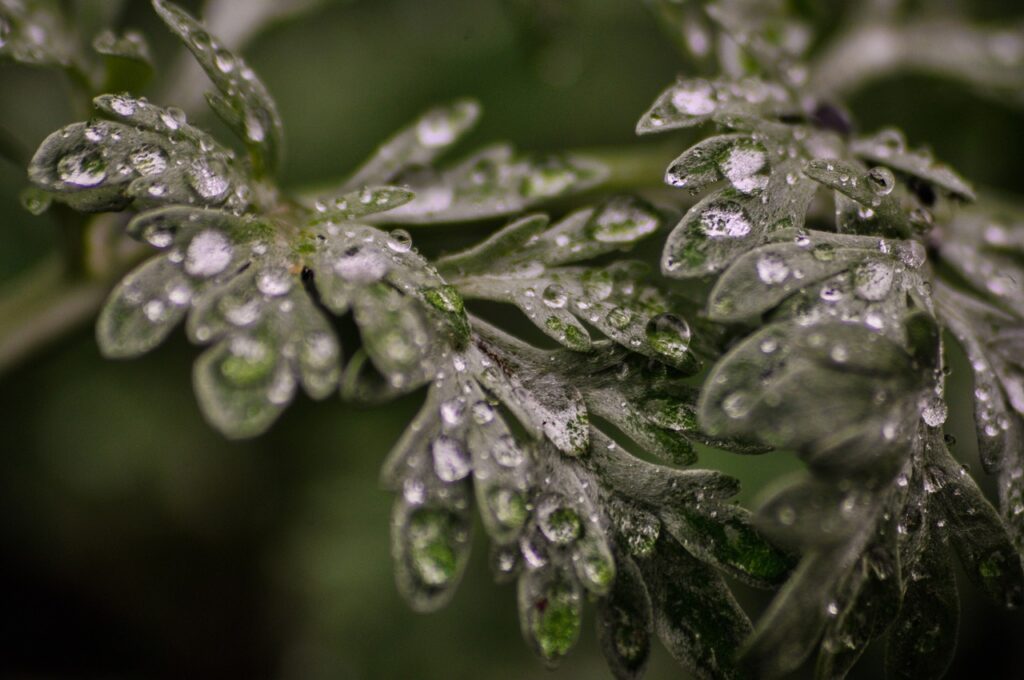
Benefits
- Boasts ant-oxidants properties
- Due to its bitter taste, it affects the bitter sensing taste buds signals to the brain to stimulate the entire digestive system
- An Insecticide without harming useful insects like bees, spray inside and outside the house
- Combats Malaria
- Anti-inflammatory and pain reliever
- Anti-parasite
- Anti-bacterial
- Supports immune system
- An ingredient in the alcohol drink
- Anti-fungal
- Anti-depressant
- Supports liver health
- Various digestive problems such as loss of appetite, upset tummy, gallbladder disease and intestinal spasms can be treated with Wormwood
- Improves Libido
- NB: Individuals with Epilepsy and Kidney disorder must not use Wormwood
- NB: Eating too much of Wormwood can lead to brain cells damage. Take it at minimal, and seek professional health advice
- NB: Wormwood that contains Thujone-free it is Unsafe when taken by mouth
Dosage and Preparation
- Place dried Wormwood in the pot, cover with water and bring to boil.
- Reduce the heat and allow to simmer for 10-15 minutes.
- Strain the liquid.
- Drink while still warm as a tea, 1-2 times per day.
- Apply Wormwood directly to the skin for wounds, insect bites and to relieve pain
- Wormwood oil often comes prepared from suppliers, and instructions should be attached
Side Effects
- NB: Not much specific dosage found on research, however, European Union limits foods prepared with wormwood to 0.23 mg of Thujone per pound (0.5mg/kg), while threshold for alcohol beverages like absinthe is 16mg per pound (35mg/kg). speak to Professional care provider in case you are not sure how much to use.
- Wormwood contain a component called Thujone, it is very toxic in high dosage. it may cause the following symptoms:
- Nausea and vomiting
- Dizziness
- Convulsions and other adverse reactions
- Not for pregnant women and nursing mothers
- Contra-indicated for Epilepsy and Liver conditions patients.
